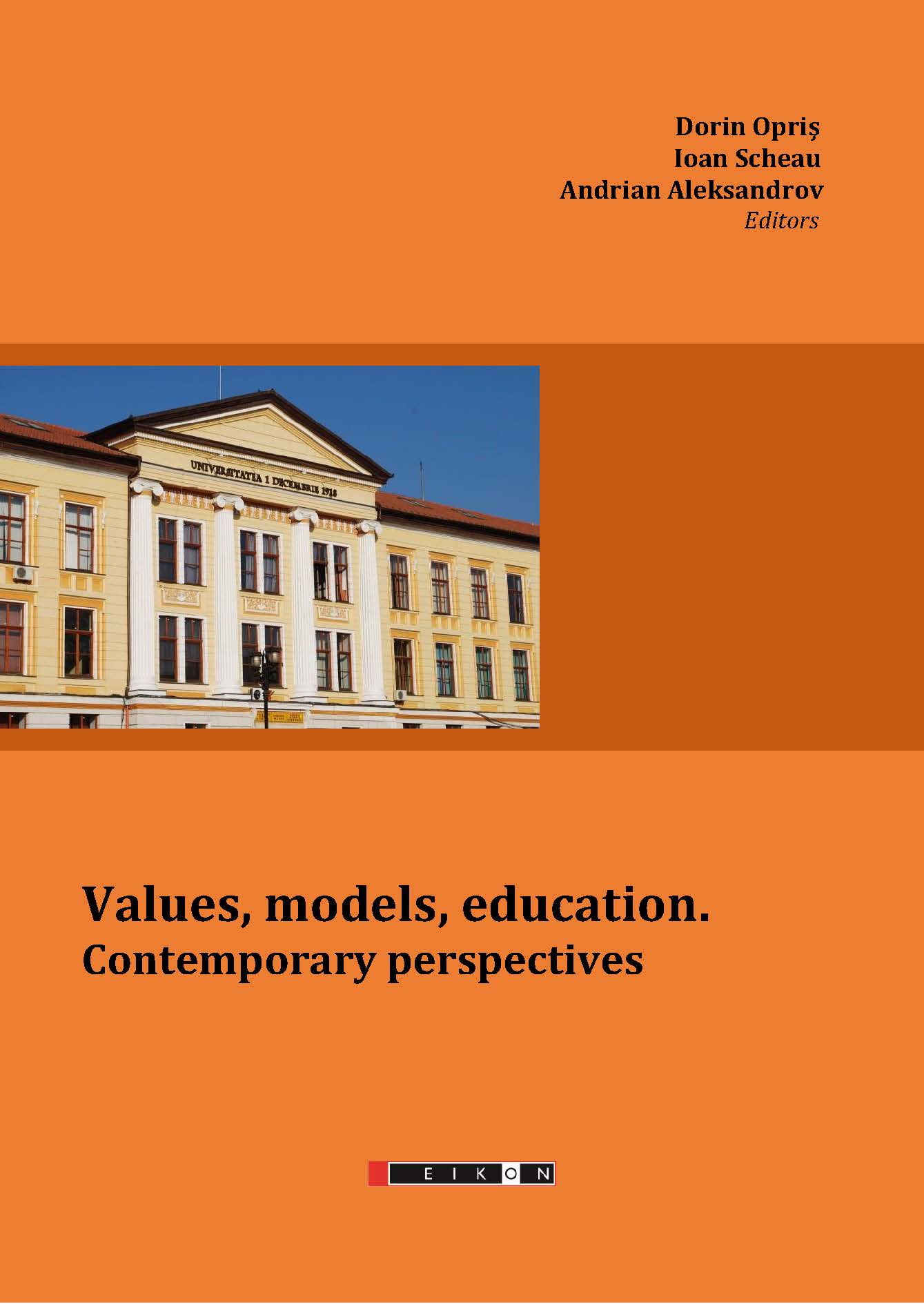LITERARY-ARTISTIC AXIOLOGY OF HIGH SCHOOL STUDENTS
LITERARY-ARTISTIC AXIOLOGY OF HIGH SCHOOL STUDENTS
Author(s): Luminița Prisecaru
Subject(s): Language and Literature Studies, Education, School education, Higher Education , Pedagogy
Published by: Editura Eikon
Keywords: axiological education; education through and for values; axiological system; value board; personality goals;
Summary/Abstract: Axiological education is education for and through authentic values, validated socio-culturally, practically, with the help of reconsidering the instructive-educational process in a value sense. The whole world opts for an education that would be focused on prospective and continuous availability, for knowledge and action, for the cultural perfection of the human personality, for reflection, active and critical spirit, for the creative and optimal adaptation of man to the social context, in permanent change. Axiological pedagogy goes beyond the classical side of education for and through values and adds another important objective: the theoretical and practical study of training for valorization, for the acquisition and practice of value criteria in the critical assessment of various aspects of education, self-education. At the same time, it highlights aspects related to the knowledge of values, their selection, ordering in relation to the definition of the goals of personality formation, the specification of the means of achievement, the coordination of processes, the application of value criteria in all educational actions, for their evaluation and optimization. The diachronic perspective of the students' literary-artistic axiology follows the concepts of value/literary-artistic value, being addressed the problem of defining literary-artistic values/values from a philosophical, social, anthropological and pedagogical perspective, which resulted in an own definition of literary value - artistic. Literary-artistic values are examined in direct relation with the notion of text and work, as well as with the reading activity of the reader and the teacher of Romanian language and literature. A special compartment is devoted to the comparative study of values, and another to interculturality, examined from the perspective of literary-artistic values, establishing that interculturality is an implicit feature of any literary work.
Book: Values, models, education. Contemporary perspectives
- Page Range: 291-300
- Page Count: 10
- Publication Year: 2022
- Language: English
- Content File-PDF

